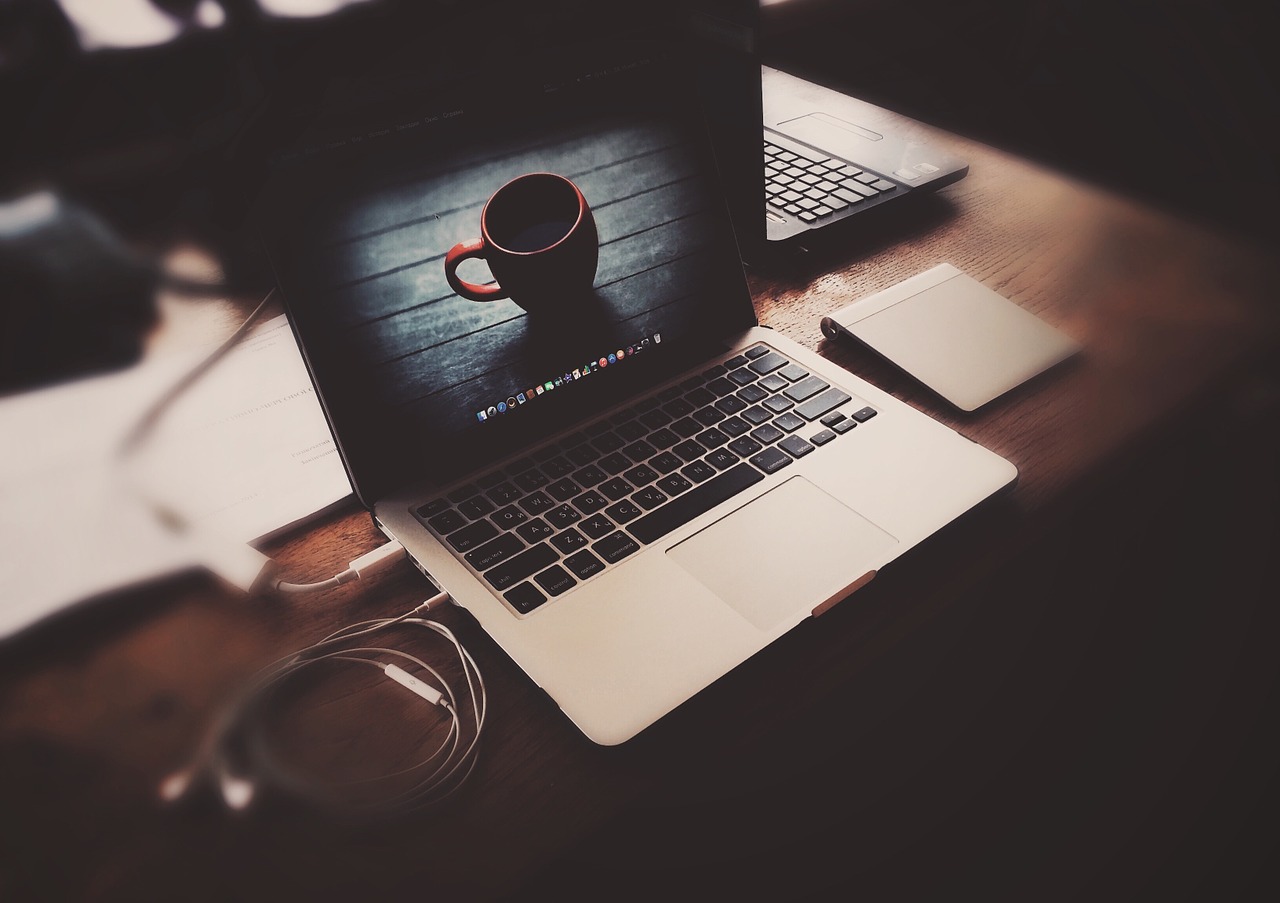BY TOSIN ADEFEKO AND TAYO OKUSANYA
In 2013, Marrissa Meyer Yahoo’s CEO banned ‘Working from home’, in her words ‘in order to become the absolute best place to work, communication and collaboration will be important so we all need to be working side by side. That is why it is critical we are all present in our offices’. That was 7 years ago. COVID-19 has since happened and we are positive no CEO will be making such a statement anytime soon.
The one big thing that has come out of the pandemic and the resultant lockdown experienced globally is the ‘Work From Home’ experiment. So much has been said or written about our new way of work that it is becoming a phenomenon with its own easily recognizable acronym, WFH. It took only a few months of this global pandemic for the world to change dramatically; now besides WFH, everyone is dealing with a plethora of issues ranging from the really serious which involves life and death; to the debilitating caused by hunger and increased poverty from loss of income; to the seemingly less serious that ‘only’requires us to stay away from fellow humans for their protection and ours; down to that which a chronic hermit may tag mundane – our inability to congregate socially. In a bid to reduce the spread of the deadly virus, we are all one way or the other caught in this conundrum that we can only hope quickly lives out its course so life can return to normal.
The question to ask though is what will normal be? Let’s focus on the world of work.Earlier this month, several technology companies (Facebook and Google amongst others) announced that ALL their employees would be allowed to WFH for the rest of this year! The social media behemoth, Twitter, went a step ahead and said they would allow employees to WFH forever wherever it is feasible. Bringing it home, we are a people that have always done everything based on physical interaction, commuting long hours for mostly unnegotiable work hours, travelling intra and inter-state for meetings, conferences et al. This new order and its attendant effects have created a paradigm shift that requires new thinking and new behaviors even from the most inflexible of us. Curiously, it looks like we have also adapted very fast to change such that many have questioned the rationale or need for brick and mortar offices. Apparently many companies have successfully WFH in the few months of lockdown and are reluctant to go back without interrogating the need for the return.
Advertisement
So in order to understand how working professionals are adapting to WFH, we conducted a survey recently to help evaluate the pros and cons; survey findings are yet to be released, but the insights derived thus far were quite revealing. What we do know for now is that there are clear intervening variables and arguments abound for and against WFH. Some claim that WFH will encourage more women to join the workforce and stay longer since there is a drastic reduction in travel time to and from work, others say the much touted work life balance will become harder to achieve since there are a lot of distractions managing home and family demands while working from home. What about those employees that support critical and confidential functions, others ponder? Can they function outside of the work environment at the risk of compromising confidentiality? Some suggest if WFH is implemented correctly, there will be cost savings, convenience and productivity gains; others say home is not conducive, no power, technology becomes a cost and even space for work in the home is a challenge. Another matter to consider from the organizational perspective is how do we build company culture? What about brainstorming and or mentoring sessions? Will it require a new set of skills for managers and their team members? What investments in technology will be required at individual and organizational levels? On an individual level, have you thought about loneliness and isolation? So many questions and very few answers.
The jury is out regarding the degree to which working professionals in our market are ready to embrace WFH and we believe that the WFH survey will provide insights that will address some of the lingering questions. Whether we like it or not, the pandemic and its aftermath will impact the way we work for years to come but in the meantime we will have to learn new ways to keep productivity high working from home whilst maintaining the right balance and boundaries between our professional and personal lives so we can be healthy mentally, emotionally and physiologically.
As a company whatever you decide must be a win-win for all stakeholders–profitability with sustainable growth, productivity with balance, employee autonomy with creative collaboration, all redefining the way we think about performance management.
Advertisement
Adefeko is the founder/managing partner AT3 Resources Limited, communications consultants
Okusanya is an executive director HC BONUM Limited, performance management consultants
Views expressed by contributors are strictly personal and not of TheCable.
Add a comment






